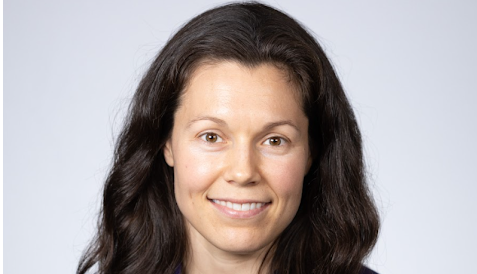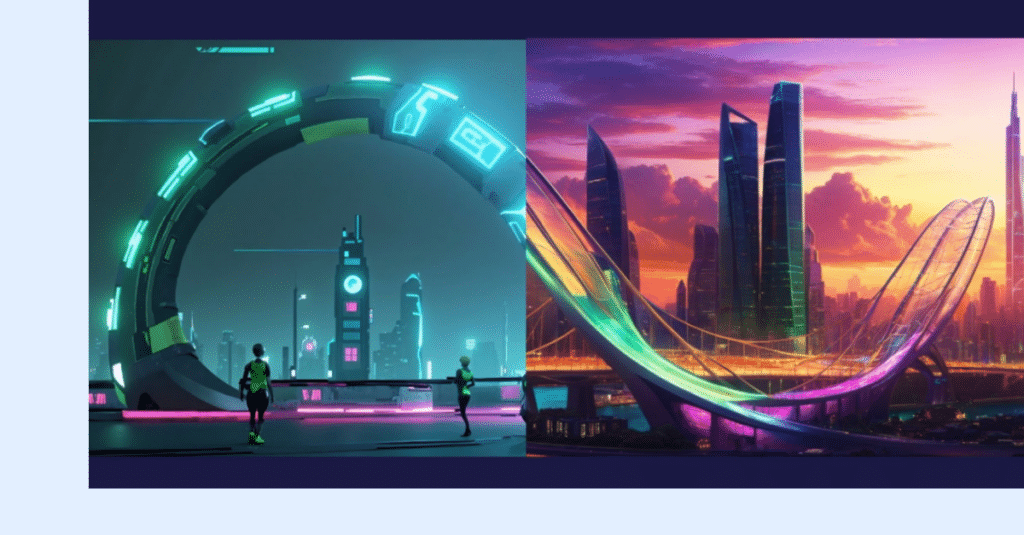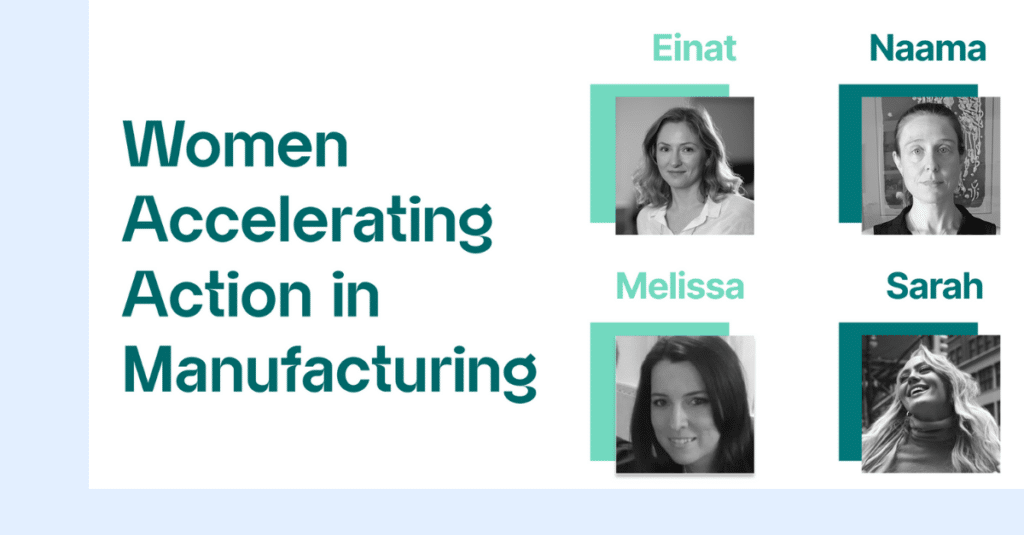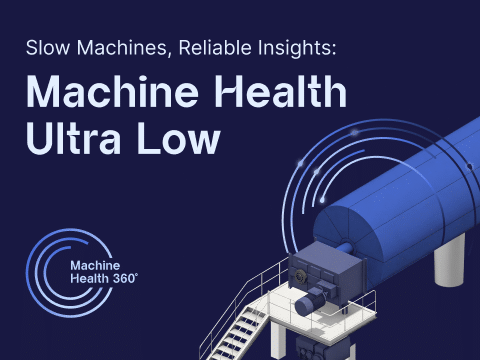
With Women in STEM Day coming up on February 11th, we are talking to various women working in Maintenance & Reliability. This week we meet Elise Morse, a vibration analyst at Augury. “I just put my nose to the grindstone and decided: this is what I enjoy doing so I am going to do it.”
“I have always been known to follow my own rhythm and not really be concerned about outside influences,” says Elise Morse with a smile. This attitude has seen her train and work as an engineer for the Military Sealift Command across Asia and the Middle East. Today, she’s part of the vibration analysis team at Augury. “I’ve also always been a big science and math person.”
Machine Doctor
“My father definitely triggered this path,” says Elise. “He was an electrical engineer and was regularly bringing projects home with him – such as tool prototypes from when he worked for DeWalt or Black & Decker. I found it fascinating,” says Elise. “And I still do.”
“In a way, I see the wireless condition monitoring of industrial or manufacturing machines as a similar job as that of a doctor. We’re listening like they do with a stethoscope – but continuously. We’re constantly scanning for any kind of change. If something abnormal comes up, we review, evaluate and inform the customer. While a doctor might recommend vitamins or more bloodwork, we might suggest adding oil, tightening a bolt or replacing a part to help extend the life of the asset or prevent an unexpected failure.”
That Special Moment of Knowing
Elise gets her job satisfaction from those moments when she realizes she now knows something she didn’t before. “Sure, you can take courses and read textbooks but when you see the actual data and put two and two together, that feels great. It only motivates you to strive to learn more.”
At Augury, she saw this constant learning accelerate. “We’re doing non-traditional vibration analysis. We’re installing on a multitude of different machines that have never had such analysis performed before. It’s pushing the boundaries. We are seeing all these different machines and how they behave. For example, we can align vibration patterns with wear patterns – and really get into a new type of troubleshooting,” enthuses Elise.
“It used to be that you’d do these checks monthly or sometimes even yearly. But now you can see all the moments continuously – including those Sunday evenings when operations hit the gas to push production and then you see these transients you would have otherwise missed. It’s like a Fitbit for machines. You can watch – and learn – all the time.”
Don’t Let Them Slow You Down
But Elise has experienced some career bumps on her road. “In the Merchant Marines, I learned a lot about maintenance and dealing with pumps, compressors and all that. But at the same time there wasn’t a terribly large support system. For the most part, everyone is pretty respectful, but there are definitely no shoulders to cry on. You really had to be strong in yourself,” she recalls.
“And when I came shoreside, I started to work at a plant since I had pump experience. So, the ball just kind of keeps rolling. Onward to bigger systems and higher energy pumps.” But one thing stayed relatively unchanged: no real support systems.
“I just put my nose to the grindstone and decided: this is what I enjoy doing so I am going to do it. But I’ve been in situations where I’ve been laughed at in my face. That’s when you have to just be professional, ignore it and say ‘show me your asset’ and get to work. It’s the only way you can rise above it all. You can’t let them slow you down.”
Follow the Beat of Your Own Drum
Happily, Elise has seen a growth in support communities in recent years. “There’s a lot more outreach, especially with the internet. Now, you can really lean into these networks while you figure out if this work is really for you. You just have to follow the beat of your own drum.”
Elise also has advice for employers. “I used to work for an industry-leading pump company and it was still a ‘good old boys club’. Eventually it became apparent to me that no matter the level of skill and amount of dedication I brought to the table, I was not going to make it up the ranks. Once I realized my progression was stifled, I packed my bags and left. With this attitude the company has lost a lot of talent. Eventually, I found my place at Augury.”
“I think it’s these past experiences that explain why I would love to be mentoring more folks in the future – especially those new to the industry,” says Elise. “I was lucky to find one mentor along the way: a very smart and technical man who answered my questions and shared his 20-plus years of experience. I could just keep asking him questions – it was invaluable.”
Read ‘Women In STEM: Corinne Nielsen, Reliability Success Manager at Augury’




